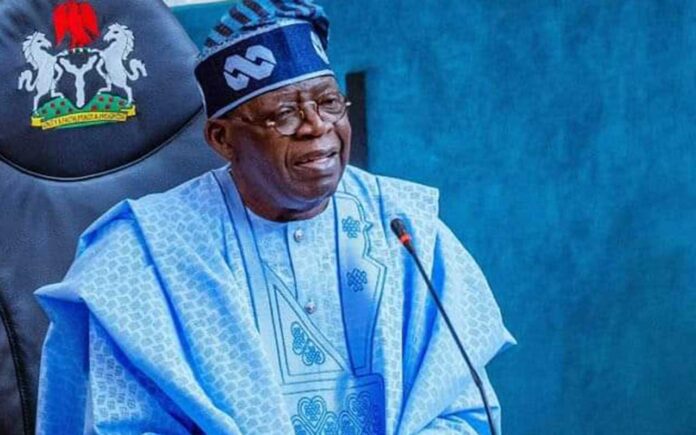The Presidency has responded to remarks by Afenifere, a Pan-Yoruba socio-political group, which accused President Bola Tinubu’s administration of failing Nigerians after two years in office. Afenifere alleged setbacks in human development, economic instability, and weakened democratic structures under the current leadership.
Reacting through a statement, the President’s Special Adviser on Media and Public Communications, Sunday Dare, rejected the group’s claims, calling them biased and politically motivated. He said the criticism mirrors opposition narratives and pointed out that Afenifere had openly backed a rival candidate during the 2023 elections.
According to Dare, under the President’s Renewed Hope Agenda, Nigeria is gradually recovering from long-standing economic challenges. He described Afenifere’s assessment as lacking objectivity and rooted in prejudice rather than fact.
He emphasized that the removal of fuel subsidies and the floating of the naira, though difficult for citizens, were essential reforms. These steps reportedly saved the government over $10 billion in 2023 alone and reduced pressure on public finances. Additionally, he noted that the unified exchange rate and currency floatation helped increase foreign reserves to $38.1 billion and contributed to a trade surplus of N18.86 trillion.
Dare challenged opposition figures to suggest credible alternatives to these reforms. He stated that while the full implementation of the Oronsaye Report, meant to cut governance costs by merging or scrapping agencies, is still in progress, efforts to promote fiscal discipline are ongoing.
Responding to claims of favoritism and corruption in the distribution of palliatives and project allocations, the Presidency argued that no credible evidence has been provided. It also denied accusations that the administration is undermining democratic institutions or aiming for one-party dominance, calling such claims baseless.
The statement concluded by urging critics to acknowledge both the achievements and the complexity of governing a country with deep-rooted structural problems.

